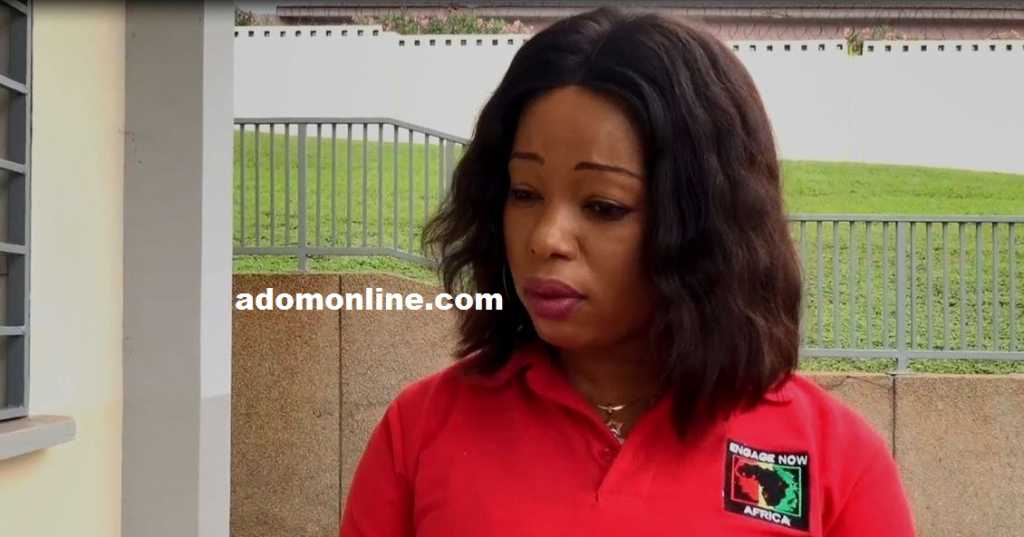Government is being urged to pay equal attention to promoting adult education as it is doing for Free Senior High School.
Country Director for Engage Now Africa, Cecilia Amankwah says empowering the larger population through literacy is critical for building a productive society.
The organization is providing free literacy services for adults in eight regions of the country.
READ: Otiko Djaba rejects ambassador job
Madam Amankwaa wants government to invest more resources into adult education to help break the poverty cycle.
World Bank Literacy Index Report of 2015 put Ghana’s rate of literate and illiterate population at 73 percent and 27 per cent, respectively.
Engage Now Africa has been working in five countries, Ghana, Namibia, Ethiopia, Sierra Leone and Uganda.
It has provided 7,000 Ghanaians in 8 regions with free adult education since 2014. Northern and Volta Regions have about 5,000 beneficiaries between them, while Central Region has 400.
It also train students in soap and cosmetics making as well as leather work, among others, to make them self-reliant.
Agnes Dery, a plantain chips seller is one of its 70 graduates who are exiting the programme in Kumasi. She is happy at the gains made so far-she can read and write.
READ: I pray you live for 150 years – Allotey Jacobs to Chief Imam
“One day one of my friends said that there is some program, that I should come and join but when I went, it’s very good. I learnt how to read, how to write; even as at now I am talking, I read story books for my children,” she revealed.
Madam Amankwaa says there are millions of Ghanaian illiterate adults to be covered.
“We would love to expand; we would love to go more; we would love to touch the lives of every single person that needs to join in this programme to be able to read and write,” she said.

READ: Treason charges against Koku Anyidoho dropped
She wants government and other corporate institutions to collaborate for the common good of Ghanaians.
“We can’t do this all by ourselves so we just call on other corporate institutions and the government in particular. Let’s see how we can collaborate together to help reach the masses and be able to eradicate poverty from the minds of the people that has been entrusted into our hands”
Established in 1987, the Non-Formal Education Division of Ghana Education Service coordinates literacy activities in the country.
Despite its mandate to reduce the number of non-literate adult population it is highly under resourced both in personnel and logistics.
Ashanti Regional Director, Stephen Gyamfi says the Division for sometime now has been living on the benevolence of the World Bank.
“Initially, World Bank was providing mobility; cars, motorbikes and they were organizing workshops for adult learners but they worked with us for 10 good years and left us.
There is a challenge in establishing non-formal classes in different communities and the staff of non-formal are few.”
He wants government to work towards changing the situation for the better.
“In Kumasi, the people who are engaged in non-formal activities, the maximum is 8 so with the coming of National Service and NABco which is coming in place, more would be absorbed and more classes would be established”.
